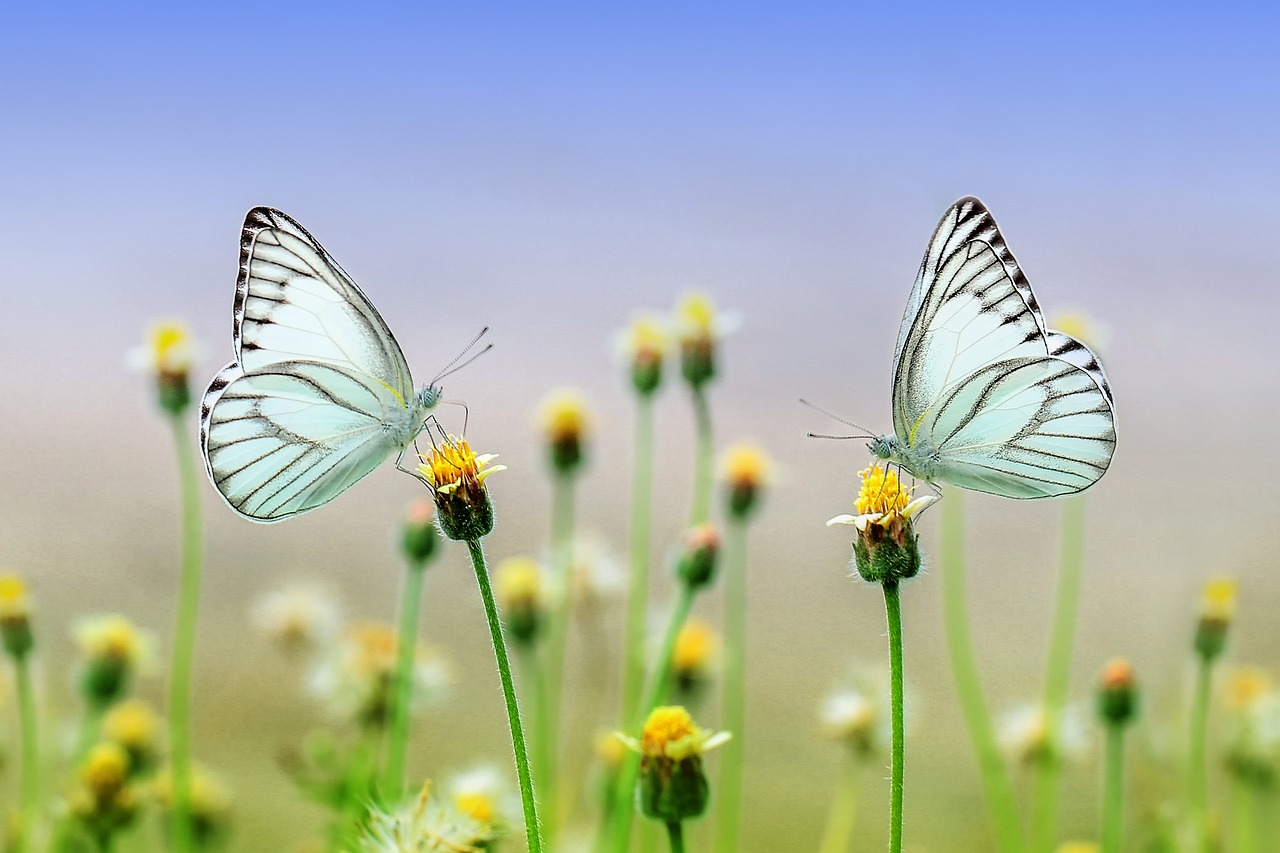Sometimes in our lives, for whatever reason, we lose our confidence in ourselves and our abilities to make decisions, and we continue to feel worse and worse. In each project that you initiate, you first try to compare yourself with others to make your situation worse, which you see as impossible when you have the skills to achieve it. In a few words, you stopped believing in yourself.
You feel that you are too little for the people around you; you dare not talk to anyone for fear of being discovered; you get very nervous about doing something in public; people start judging you in the worst way; you are constantly thinking about all the bad things that can happen, what people can think of you, and whether they will laugh at you or not, etc.
All these concerns, self-imposed limitations and false evaluations learned against oneself are some of the ideas, distorted beliefs, accepted beliefs as truths, and feelings of inferiority that may exist when people have stopped believing in themselves or have failed to rely on the physical and mental abilities that as humans we all use in the process of adaptation in the environment in which we grow or develop.
How do you regain the ability to believe in yourself? It is my personal opinion that if people have the ability to create and maintain beliefs that negatively affect their self-esteem and also contribute to their low self-esteem in relation to others, that same selection mechanism can also be used to assume beliefs that positively change these distorted conclusions we have about ourselves.
A personal growth technique that some behavioral professionals call positive thinking,” which is easy to explain but difficult to apply in the daily lives of people, would be the answer. But in most cases, these techniques never work, no matter the persuasiveness of their promoters.
What are the reasons behind this false, negative belief that we have about ourselves? Are our beliefs a product of our false conclusions, or are we simply repeating the opinions of someone who possesses some emotional control over us (our parents, friends, our boss, our pastor, etc.) as a form of acceptance we accept as true? Knowing the answer shows us the way to change these negative feelings or false valuations that we have against ourselves.
Any system of positive or negative beliefs can be changed if we make the same effort, perseverance and time that we used to create each one of them. All negative thinking can be replaced by positive thinking if we so desire.
To believe in ourselves, we have to take into account any abnormal beliefs that keep us in that negative state:
A) Any perfectionist idea must be put aside.
B) The ability to predict the future is something no one owns.
C) No one is responsible for the decisions of others.
D) No one can change the events of the past.
E) We do not have the power to change people.
F) You will never fulfill all the expectations of others.
Finally, we are all unique; comparing ourselves with the rest is a waste of time and the most foolish way to hate ourselves. What makes us different is what we should love about ourselves.
One of the advantages of beliefs is that they do not need to be an objective truth, you only need an assumption of a subjective truth that exists only in our minds.
In some cases, some of the thoughts or feelings of hopelessness, apprehensiveness, uneasiness, fearfulness, gloom, and low spirits may be the result of some kind of emotional or mental disorder, such as depression or anxiety, that can only be treated by a specialist in human behavior. “It would be advisable if you are not able to stop those negative thoughts from not believing in yourself, and these negative thoughts are dramatically affecting your life, to seek help.”

